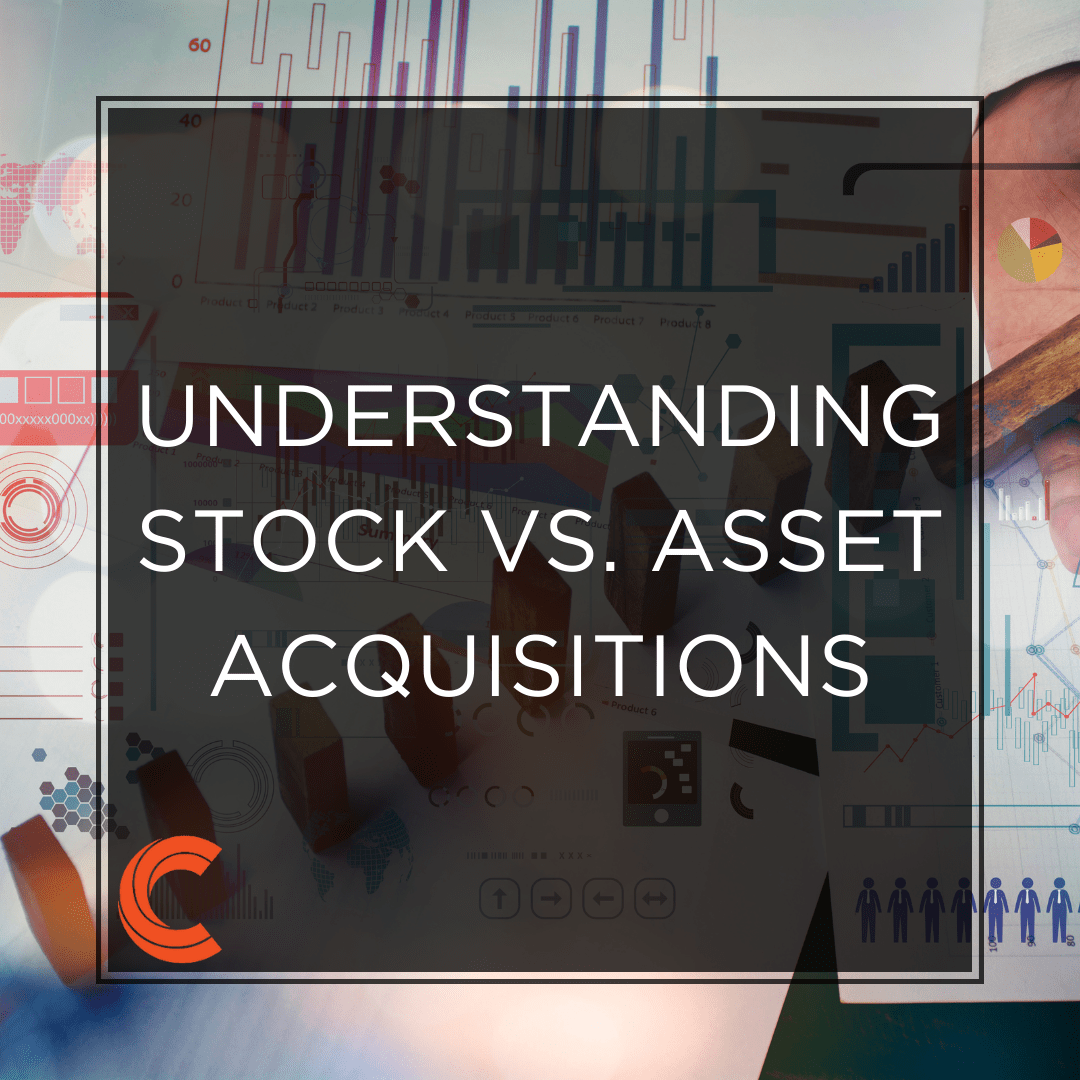The business world thrives on strategic transactions, and acquisitions are a significant driver of growth and change. But when it comes to acquiring another company, a key decision arises: stock purchase or asset purchase? Understanding the differences between these two approaches is crucial for making an informed choice that aligns with your goals and minimizes risks.
Stock Acquisition vs. Asset Acquisition: A Breakdown
- Stock Acquisition: Involves purchasing the entire ownership stake (shares) of the target company. This essentially buys the whole business as a legal entity, including its assets, liabilities, and ongoing contracts.
- Asset Acquisition: Focuses on acquiring specific assets of the target company. This could include tangible assets like property, equipment, and inventory, or intangible assets like intellectual property (IP) and customer lists. Liabilities are typically not assumed by the buyer in an asset purchase.
Choosing the Right Path: Key Considerations
Selecting the optimal acquisition structure hinges on several factors:
- Desired Assets: Are you interested in the entire business, or just specific assets? If you only need certain assets, an asset purchase might be more suitable.
- Liabilities: Stock purchases transfer all liabilities of the target company. If the target has significant liabilities you wish to avoid, an asset purchase is preferable.
- Tax Implications: Consult a tax advisor. Stock purchases may offer tax benefits for the seller, while asset purchases can benefit the buyer with depreciation deductions for acquired assets.
- Contractual Continuity: Stock purchases automatically transfer existing contracts of the target company. Asset purchases may require renegotiating contracts with third parties.
- Transaction Timeframe: Stock purchases are generally faster to complete compared to asset purchases, which involve identifying and transferring specific assets.
- Complexity: Asset purchases often involve more complex legal documentation and due diligence to identify and transfer individual assets.
Benefits and Drawbacks of Stock and Asset Acquisitions
Stock Acquisition:
- Benefits: Simpler transaction process, automatic transfer of contracts, potential tax advantages for the seller.
- Drawbacks: Buyer inherits all liabilities of the target company, limited control over what is acquired.
Asset Acquisition:
- Benefits: Buyer selects specific assets, avoids unwanted liabilities, potential tax benefits for the buyer.
- Drawbacks: More complex transaction process, potential disruption to ongoing contracts, requires careful due diligence.
Seeking Legal Expertise: Why You Need a Lawyer
The legalities surrounding mergers and acquisitions can be intricate. Consulting with an experienced business lawyer is essential for both buyers and sellers. Here’s how a lawyer can help:
- Structuring the Deal: Lawyers like those at Carbon Law Group advise on the most suitable acquisition structure based on your specific goals and risk tolerance.
- Drafting and Negotiating Contracts: They ensure legal documents accurately reflect the agreed-upon terms of the acquisition.
- Due Diligence: Lawyers manage the due diligence process, which involves investigating the target company’s financial health, legal standing, and potential liabilities.
- Regulatory Compliance: They ensure the acquisition adheres to all relevant regulations and legal requirements.
Conclusion
Understanding the nuances of stock vs. asset acquisitions empowers you to make informed decisions for your business M&A (mergers and acquisitions) strategy. Consider your desired assets, risk tolerance, and tax implications when choosing the best approach. Remember, seeking the guidance of a qualified business lawyer can significantly enhance the success of your acquisition and minimize potential risks. With this knowledge and expert support, you can confidently navigate the complexities of acquiring another business and achieve your strategic goals.





